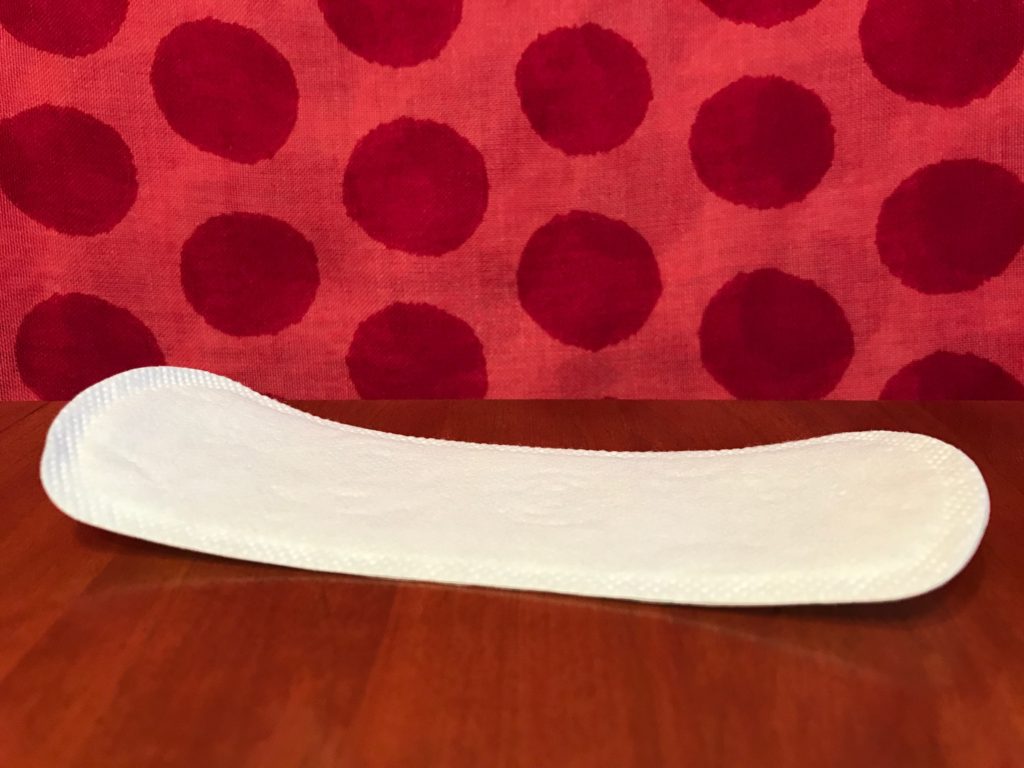
Let’s face it: puberty and sex are awkward topics. And when you do gear yourself up to talk to your child about it, you probably get cringing and eye rolls. But you don’t want your kids to enter puberty and have no idea why their bodies are changing. Even if their school does a good job teaching about sexual development, it’s important that parents be a resource so kids know they have support.
One way to introduce the topic of puberty and get your kids’ attention: Talk about how you learned about changing bodies.
Kids are often fascinated to think of their parents as ever having been young. When you acknowledge that you were once clueless and weirded out by the changes of maturing, you normalize what they’re going through. Their own worries are perfectly understandable—and you get it. This creates a completely different atmosphere from trying to give a lecture. You become more approachable, and kids will be more likely to engage.
Tell how you learned about puberty. This may be a single conversation, if your kid stays interested, or a series of casual talks. If you have more than one child, you can probably talk with both/all of them at the same time, even if some of them are pretty young. Puberty is a normal, biological experience; the less secretive you are about it, the better.
You likely learned about puberty in a variety of ways. For instance:
Siblings and friends. What did you notice in your friends and older siblings as they started to mature? Did you learn about pubic hair, periods, and wet dreams from friends? Did they talk about those things? Looking back, how accurate was what they said? Did your friends know more than you did? Or were you pretty well informed? What did it feel like to know, or not know, things that other kids did?
School. How did your school handle puberty and sex ed? Did it do a great job, or nothing at all, or provide little information but lots of fear? How does that compare with what you know about your kids’ schools’ puberty education? What have your kids experienced in (or heard about) the school’s program?
Books. Did you have books about puberty? Were they accurate and informative? Did you get them from your parents? from school? Or did you find them on your own? How helpful or unhelpful was it to get the books the way you did? Were you able to talk with your parents about follow-up questions?
(BTW, if you haven’t already given your child a book about puberty, this would be a good time. 🙂 Even if puberty is years away, there’s no harm in having the information on the shelf for when your child is curious. Be sure to say you’ll be happy to answers any questions—then do.)
Parents. How well did your parents do preparing you for puberty? Were you scared when you got your period, or did you know what was going on and where to find the pads? When you had your first wet dream, did you know it was normal? Did your folks embarrass you about, say, bra shopping or inconvenient erections? Were sanitary supplies provided matter-of-factly, or were you embarrassed every month? Most important: When you had questions, could you turn to them?
Talk about the effect all this had on you then and how it affects you as a parent.
“I thought they did a really good job being open about things, so I’m trying to do that with you.”
“I hated that they hardly told me anything; there was so much I had to figure out for myself. I want you to have more information.”
“I was sort of relieved that they didn’t talk to me much about puberty because it would have been so embarrassing. But I’d rather have been embarrassed than feel so alone.”
“Because my parents never talked to me about these kinds of things, I don’t really know how to do it, and I feel awkward. But I’m going to try, because I want you to be informed.”
Remember, of course, that this is your kids’ grandparents you’re talking about. Even if your parents did an awful job talking about sexual topics, don’t make them out to be bad people. “It was really hard for Grandma to talk about any of this stuff back then; I know she did the best she could.”
Once you’ve shared some of your experiences, good and bad, make space for your child to talk. She may have questions about what happened to you; she may ask or hint about things she’s been wondering. He may talk now, or may perk what you’ve said and circle back to the conversation another time. It’s all good. Whatever happens after you’ve told your learning-about-puberty story, you’ve normalized the experiences of a complicated life stage and opened the door for more talks when your child is ready.